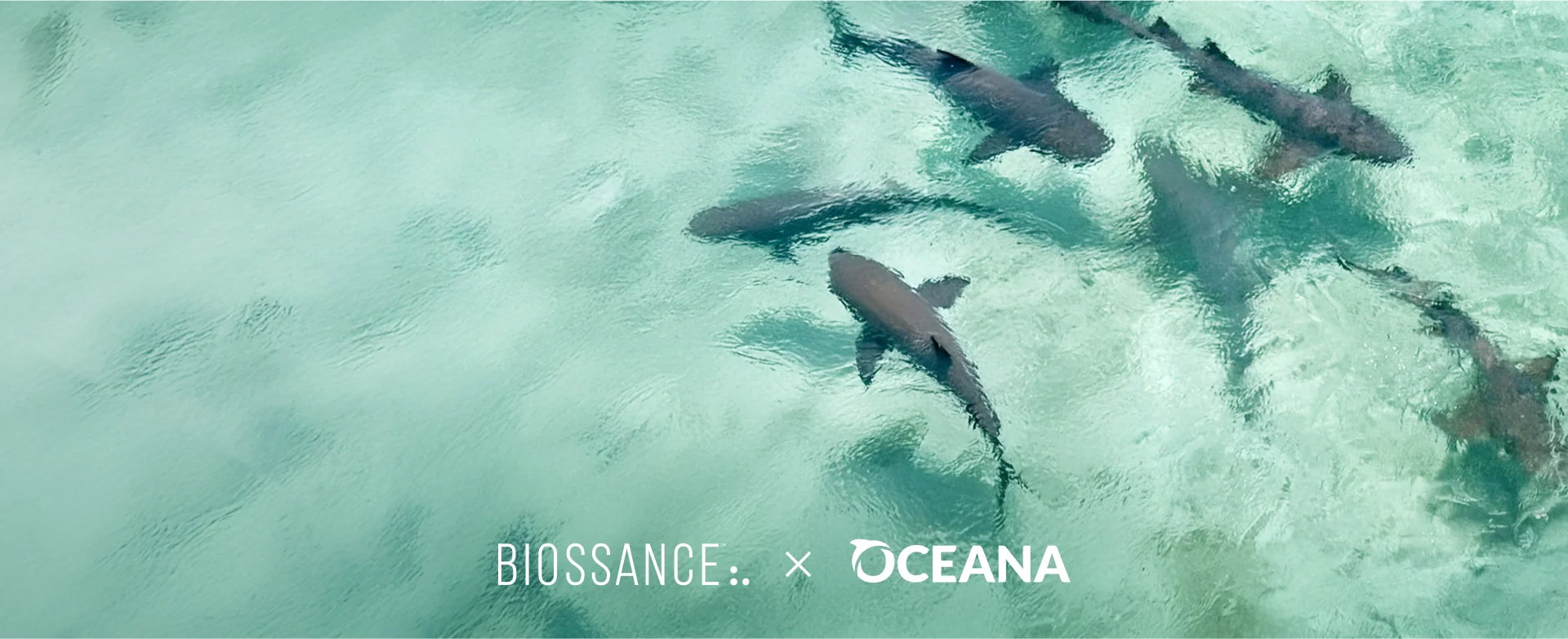
Biossance x Oceana Partnership - TOGETHER WE'LL TURN THE TIDE
What began as a single drop of shark-safe squalane, became a tidal wave of change for skin and a lasting commitment to the sea. With over $850,000 in contributions to date, your purchase helps us support Oceana in protecting and restoring our oceans. Together, we can help create positive ripple effects in our oceans.
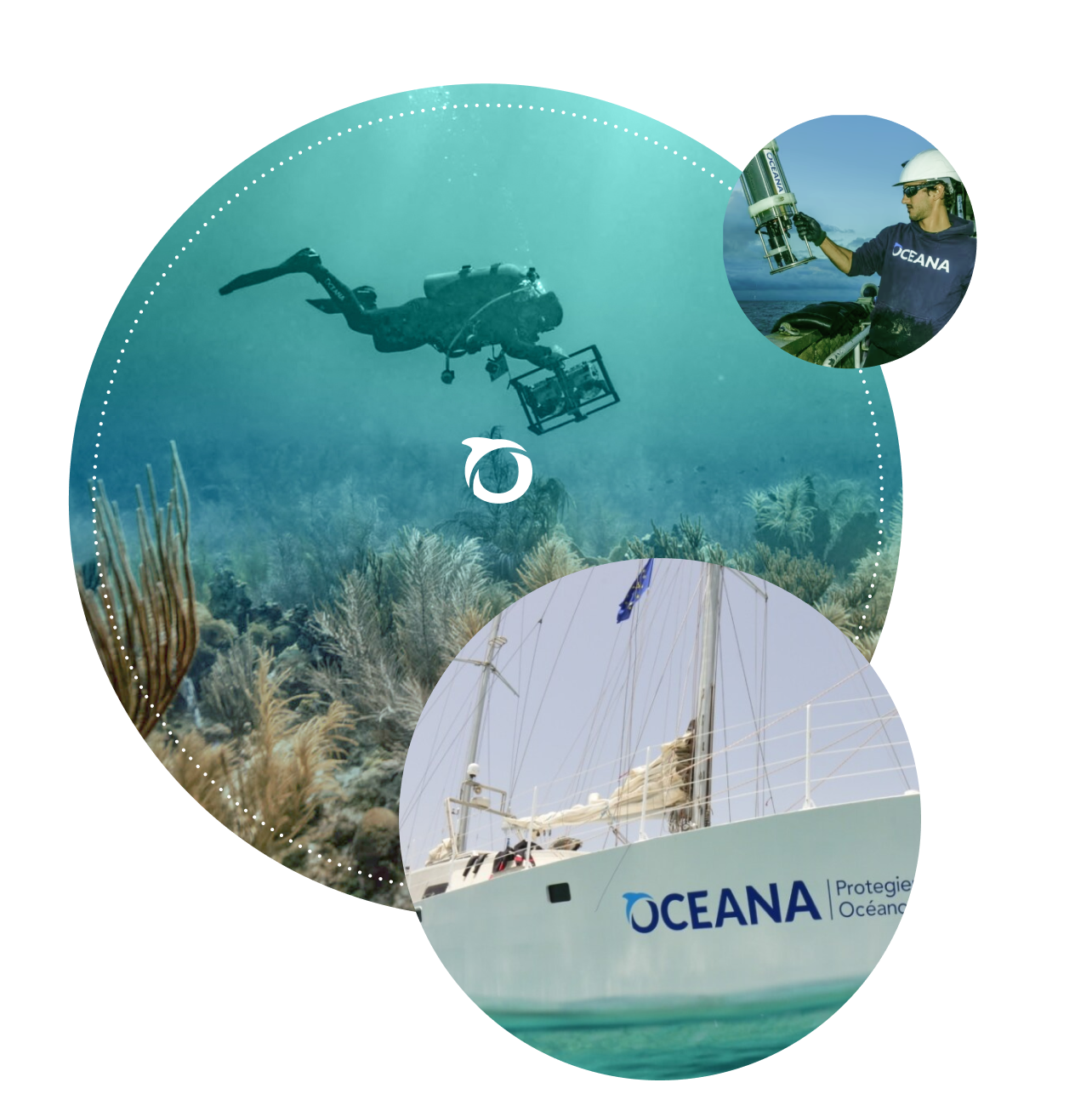
WHAT IS OCEANA?
Founded in 2001, it’s the largest international advocacy organization focused solely on ocean conservation. Its scientists work closely with teams of advocates, lawyers, communicators, and grassroots organizers to win strategic, directed campaigns that will help make our oceans more biodiverse and abundant.
Since its early days, Oceana has secured hundreds of concrete policy victories for marine life and habitats. From helping protect the seafloor by ending bottom trawling practices to protecting sea turtles from commercial fishing gear, Oceana’s campaigns are delivering results for the oceans and the communities that thrive from their health and abundance.

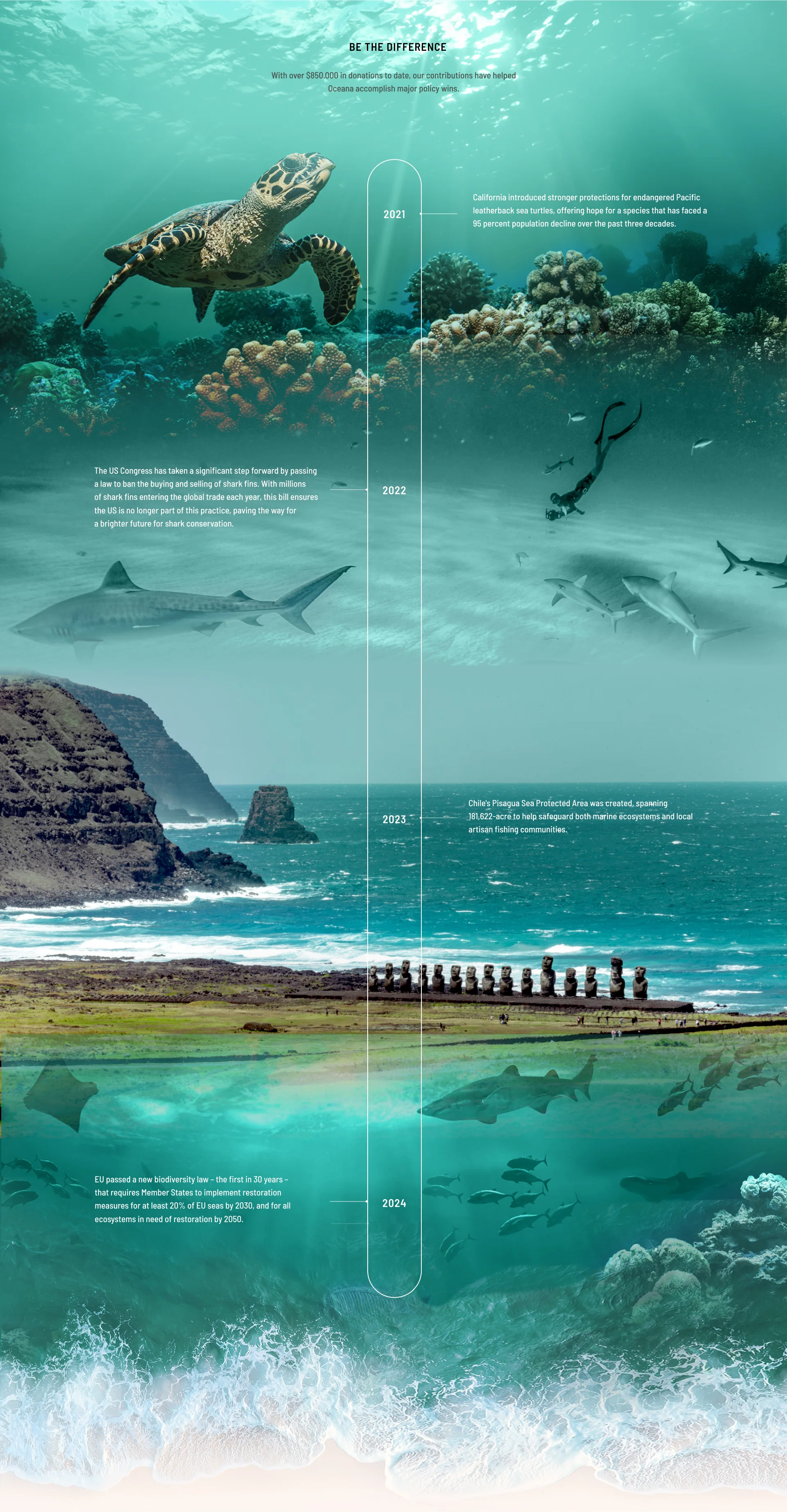
SQUALANE POWERED BESTSELLERS
Including NEW Limited Edition Omega Repair Cream
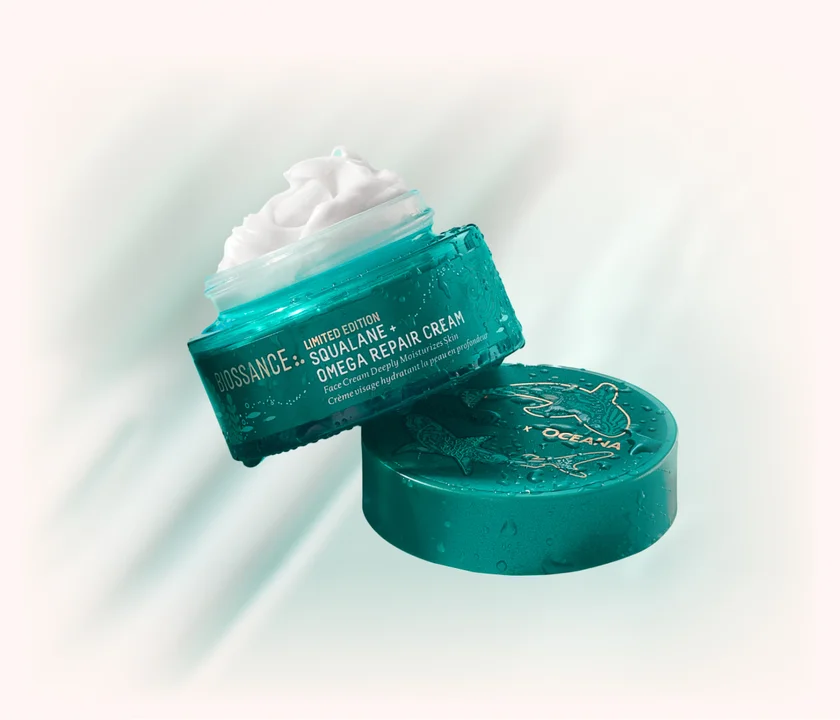
NEW LIMITED EDITION OMEGA REPAIR CREAM
From skin barriers to barrier reefs, when you purchase our limited edition bestseller, 5% of proceeds go towards Oceana and their mission to help protect our oceans.
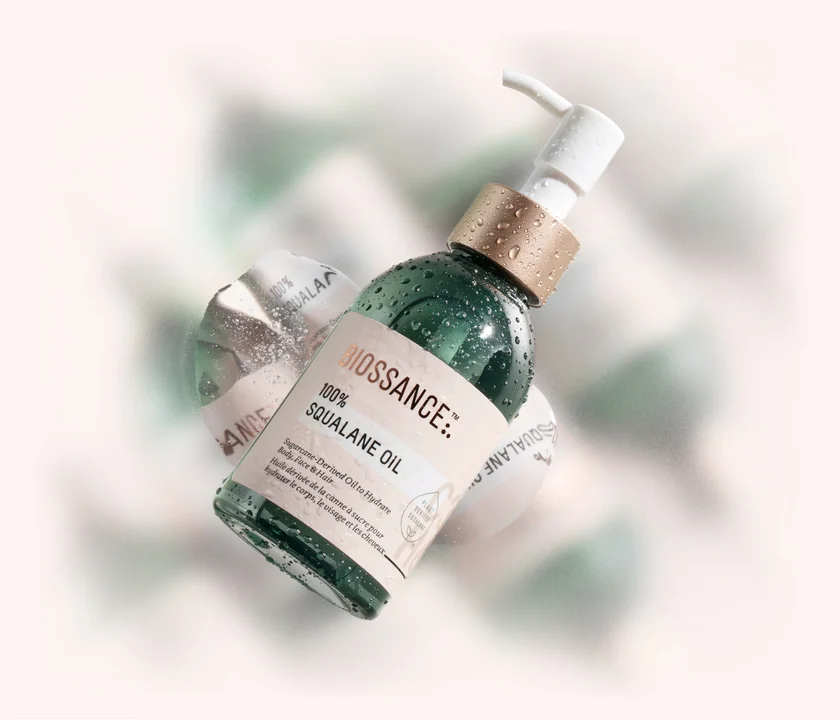
100% SQUALANE OIL
Bio-identical to our skin’s natural moisturizer, our sustainably sourced from Brazilian sugarcane and is at the heart of every Biossance formula.
FAQ
How can someone support ocean conservation without living near the coast?
Vote on ocean issues to help win policy victories for healthier oceans.
What everyday actions can help reduce my climate impact?
The most important thing is to contact your elected officials to take action against the climate crisis but you can also reduce your own carbon footprint by using public transportation, biking, or walking more often.
What are simple ways to reduce plastic waste that ends up in oceans?
Commit to reusable alternatives instead of single-use plastic utensils, straws, grocery bags, produce bags, and bottles.
How can someone make ocean-friendly seafood choices?
Ask more about the seafood you purchase — ask your local grocer or fishmonger where they source their seafood from — do they know their fisherman? You can also use the helpful acronym: WLLS. It stands for Wild, Little, Local, Shellfish. Buying seafood that meets one or more of those criteria means you can feel pretty good about your seafood consumption.
What can I change in my daily life to make a difference?
Bring your own products when you travel! This insures that you won’t contribute to single-use plastics being dumped into our oceans.
What can someone do during beach visits to help marine life?
Create memories and experiences that will strengthen your voice so you can increase awareness about the importance of healthy and abundant oceans.